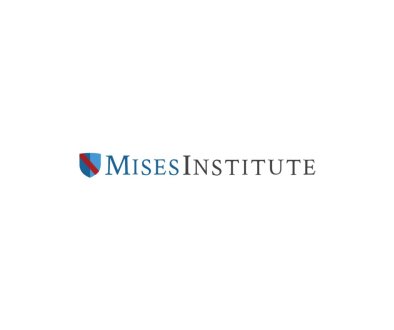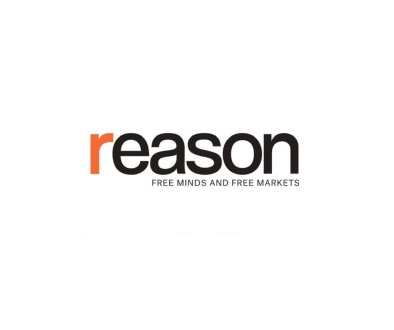What Is Truth?
There can be no justification at all for the view expressed widely in the twentieth century and into our own, that the very existence of truth is contingent on somehow being able to define the term in human languages for a group of people! This astounding exercise in hubris tries to make us believe that “your truth” or “my truth” is always relative and is dependant upon the finite workings of the mortal organ known as the human brain!
Immortal and absolute truth that lies beyond the ability of our finite minds to fully grasp is actually a much more rational conclusion. Such a conclusion also acknowledges the fact that inherent within all of us is the moral code and ethic that is written in the stars and in our hearts and which in some parts of the world is referred to as “conscience”.
As the German philosopher Immanuel Kant wrote, “two things fill the mind with ever new and increasing admiration and awe, the oftener and the more steadily we reflect on them: the starry heavens above and the moral law within.”
The latter has a lively existence in cultures as diverse as the geographies from which they hail. Nor is it resident only after a period of learning has embedded it in our minds. Rather, as an entity that has its independent existence in the consciousness of all those that belong to the fraternity of nations, it has surprised many readers of comparative history and literature with its essential unity.
For, separated as they are by oceans and mountains and land and sea, these people of varying hue and shape have aspired broadly to a set of rules which are remarkable in their consistency from time to time and place to place. These rules may or may not be called “truth” and may or may not all be expressed in similar terms by those who recorded their history, but where in the histories of all these peoples have valour and selflessness and honour and gentleness and kindness not been held up as beacon lights for the aspiring soul?
And we can all sense, if we will, that the workings of science and the unraveling of beauty in poetry and dance and song are truth. The images of the stars that we can now gaze at if only from a distance is also truth.
There cannot be a rigid confinement of truth to a particular time and place. To impose such a rigidity would be to impose a limitation upon truth and truth thus fettered would not belong to eternity, but rather to a confined time, a restricted space. It was not made to be limited in this way. Rather it administers its transcendent judgements from the portals of the forever and may thus encompass all times and all places within its realm. It straddles the heavens, but is able to descend to the deep recesses of our
Article from LewRockwell

LewRockwell.com is a libertarian website that publishes articles, essays, and blog posts advocating for minimal government, free markets, and individual liberty. The site was founded by Lew Rockwell, an American libertarian political commentator, activist, and former congressional staffer. The website often features content that is critical of mainstream politics, state intervention, and foreign policy, among other topics. It is a platform frequently used to disseminate Austrian economics, a school of economic thought that is popular among some libertarians.




